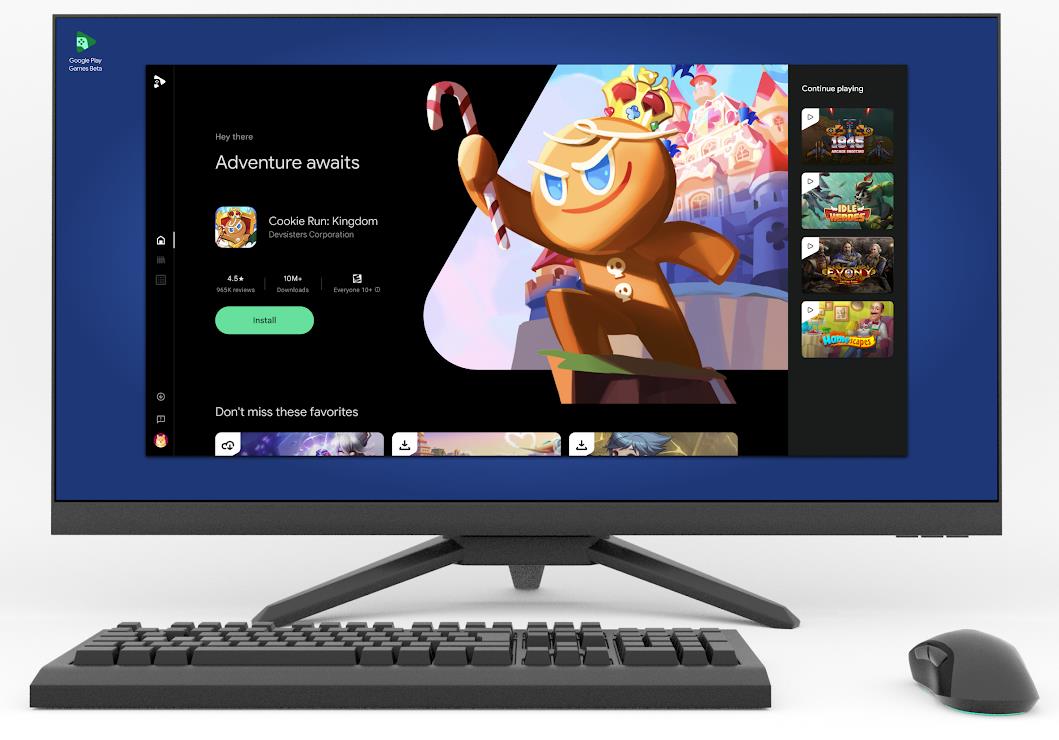A website is much more than a static set of pages with words and images. They are a portal into businesses and an online calling card to attract, inform, entertain, educate, and more their target audience. Consequently, getting the fundamentals right is vital if you want to ensure excellent results.
However, what are these fundamentals, and how can you achieve them? This post will shine a light on some of the best things you can do to ensure you are running the best website possible.

Ensure your site is speedy and delivers content as quickly as possible
Speed has often been touted as one of the primary factors influencing bounce rate and sales, among other things. Therefore, if you want to retain your readers on your site to convert them into paying customers, you will need to look at ways to turn an average site into a blazing-fast one.
One tried and tested method is to use what is known as a content delivery network (CDN). These systems are used for content delivery and allow you to store versions of your site in multiple locations worldwide.
This is beneficial because if your host is based in the USA, but you have customers in the UK, it’s slower to show them the site from the US-based host rather than a CDN with a server in the UK (or at least Europe). CDNs are also ideal for media-heavy websites since the media is loaded quicker at the destination rather than the source.
Choose a reliable web hosting provider
Your host is where you will host your website…hence the name! However, when it comes to hosting providers, there is an enormous number to choose from, ranging from cheap shared servers to very expensive dedicated SSD options.
While you should avoid the lower end of the spectrum for many reasons, you don’t always have to go for the higher end. It all depends on how much traffic you expect and what you must do. Nonetheless, some key points to consider when in buying mode for a new host include the following:
- Ask yourself if you need a shared or private server
- Take a look at your budget and ensure you can pay for renewals (which are often costlier than sign-up prices)
- Ease of use
- Ease of upgrades (i.e., how easy it is to scale up as you grow)
- If it provides backups and how regular they are
- Excellent, up-to-date customer reviews
- Top-notch, live customer support
Be the master of your domain, literally
Your domain name is the address that people will use to find you on the web. If you don’t own your name, you don’t own anything, and this can be a real issue down the line. If you want to own your own domain name and not use one included with your host, you need to use a domain registrar to register the domain.
The word “own” might not be entirely correct since you will have to pay a yearly fee to keep it active; as long as it’s in your name, nobody else can use it. This is vital for reasons of copyright, trademark, and simply because you don’t want to spend a lot of time directing people to your site only to lose the domain and have someone else steal it from underneath you.

Get your UX on point
User experience (UX) s an entire field of graphics design dedicated to getting things to work as seamlessly as possible for the user. It’s such an important topic because a poor user experience will make your customers leave your site at best and, at worst, can damage your brand irreparably.
If you are making a site for a small business, you can usually find quality themes that have good UX built in. However, larger sites with more complex interactions will require you to hire a website designer well-versed in UX and other design principles. Just ensure that any designer you hire also understands the need for good SEO because sometimes great design and SEO don’t always go hand in hand!
Words matter, so make sure your copy is clear and concise
It used to be the case that Google preferred longer text in order to rank highly in their search engine. However, this had the unfortunate consequence of making readers trawl through mountains of content until they got their answer. Instead, you should focus your efforts on answering the questions your readers are looking for to foster a sense of trust and leadership with your website.
Protect your site from cyberattacks
To some extent, this aspect should be handled by your host. However, it’s always wise to take the belt and braces approach when t comes to cybersecurity and add an additional layer of protection. This includes backing up your site regularly and ensuring you have things like an SSL certificate installed.
Setting up a website really isn’t a demanding job (depending on the size and complexity, of course). Nonetheless, there are several factors you need to get right in the first instance if you want to achieve long-lasting success.





